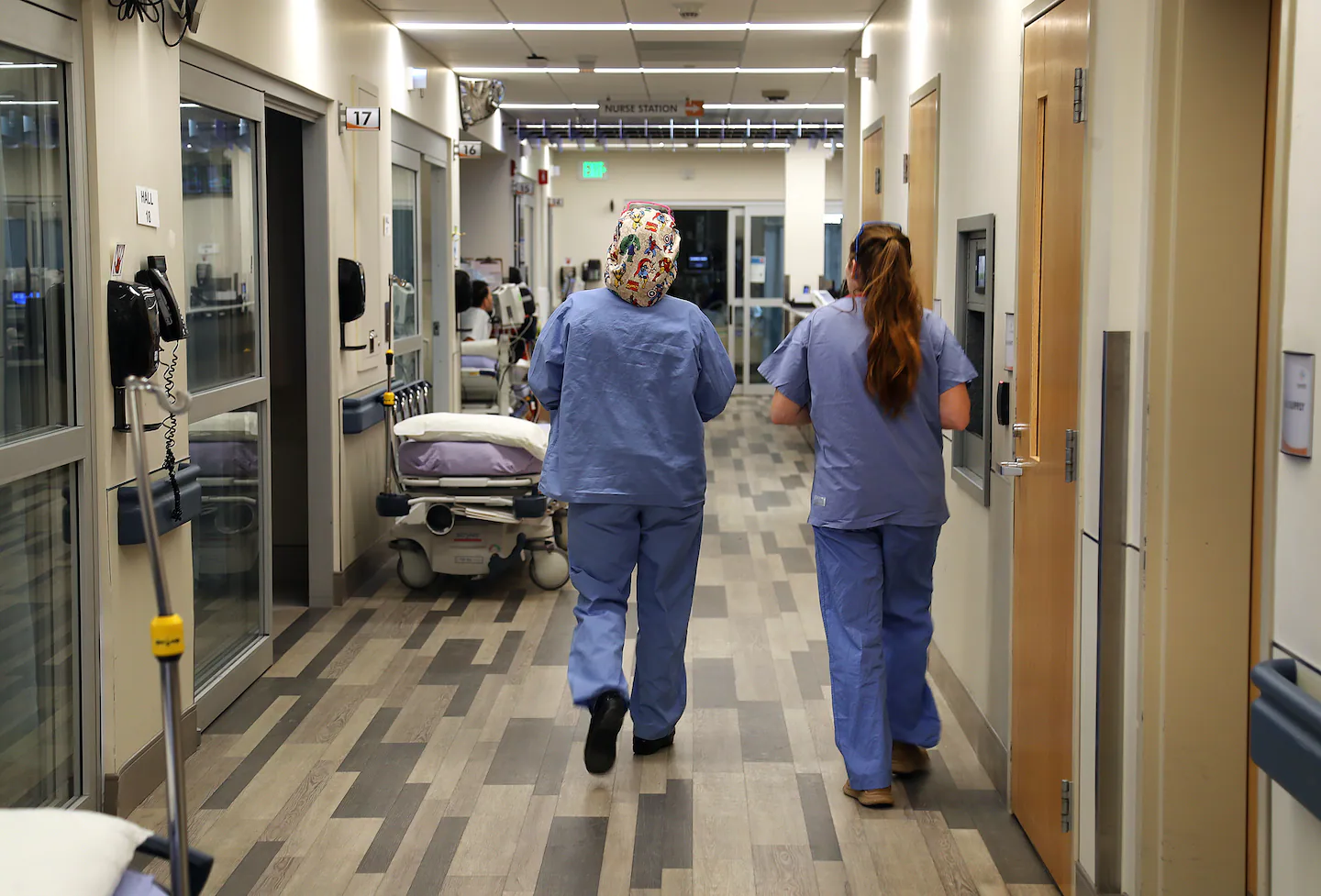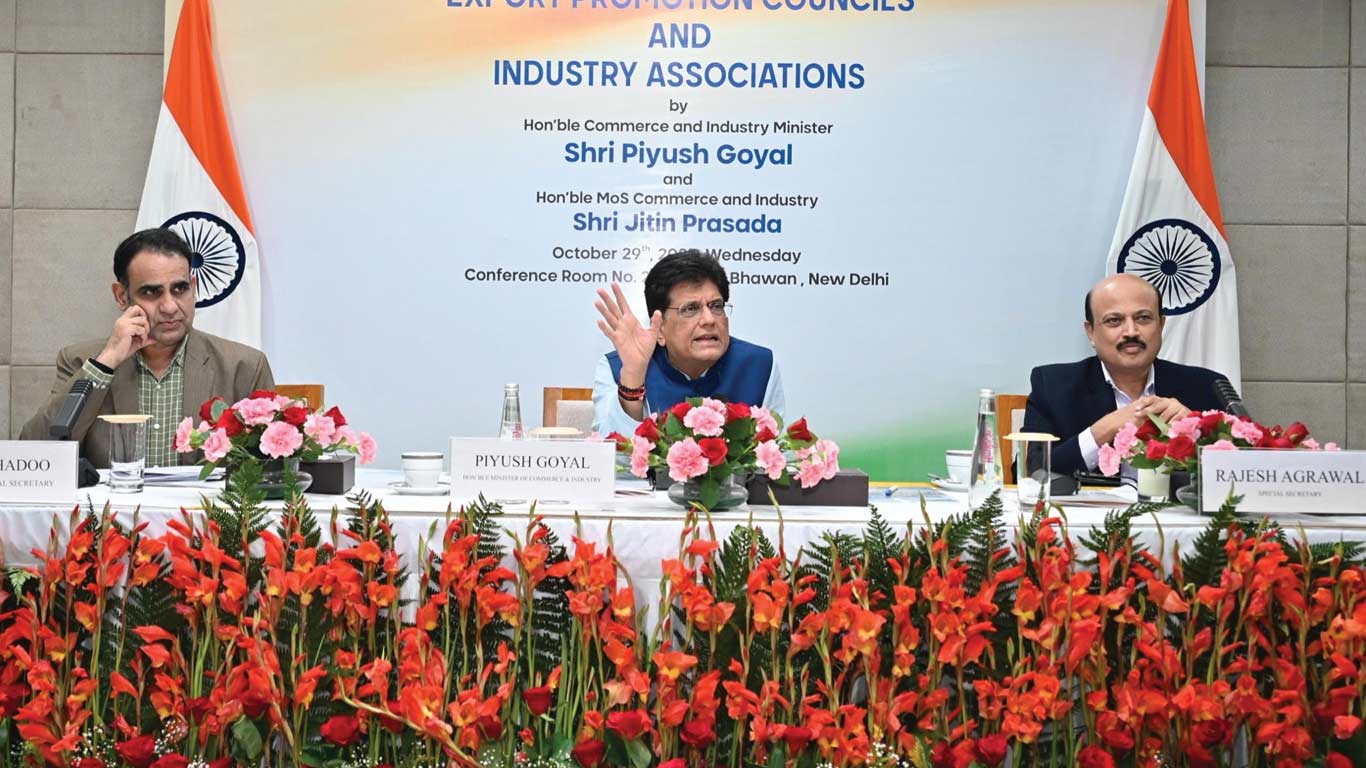Copyright The Boston Globe

Prospect, a for-profit hospital chain now in bankruptcy, has threatenedto shut down Our Lady of Fatima Hospital in North Providence and Roger Williams Medical Center in Providence: two safety-net hospitals that care for thousands of vulnerable Rhode Islanders, many of whom are covered by public insurance. The hospitals have long been mismanaged, with Prospect and its private-equity backers extracting millions in dividends. The nonprofit trying to buy the hospitals, The Centurion Foundation, has struggled to raise the required funds. If they close, it would be catastrophic for anyone seeking care in Rhode Island, the CEOs of the state’s two major healthcare providers have told the Globe. Emergency departments will be overrun, and other systems spread thin, said John Fernandez, the chief executive of Brown University Health, formerly Lifespan Corp. “We need them to stay open. That’s a tsunami of patients,” he said. In an effort to keep Fatima and Roger Williams hospitals open, Neronha said, he has looked for alternatives, none of which are ideal. The only buyer at the table, the nonprofit Centurion Foundation, has no endowment, has never owned a hospital, and has struggled to secure bond financing. And a new prospective buyer, Prime Healthcare — the fifth-largest for-profit health care system in the country — has suddenly shown interest, but is a for-profit entity like Prospect and Steward Health Care, which wreaked havoc in Massachusetts. Prime has a history of buying struggling hospitals and running them lean. In Rhode Island, it already owns Landmark Medical Center in Woonsocket, which it purchased from bankruptcy in 2014. Faced with allegations of Medicare fraud, overbilling, false claims, and kickbacks, the company has reached multiple settlements with the Justice Department. “Have we reached the state of any port in the storm? Yeah, we have,” said Neronha. “We don’t get to choose the buyer. We can either say ‘yes’ or we can say ‘no’” as a regulator. “But when the stakes are closure or ‘yes,’ it makes our job much more difficult,” Neronha said. Prime spokeswoman Noel True told the Globe on Wednesday that Prime is in the “early stages of reviewing the situation.” “Given the urgent challenges these hospitals are facing, we are rapidly evaluating potential opportunities to help ensure quality care continues in Rhode Island,” True said. State officials — including Richard Charest, a former Prime executive who now serves as the state’s secretary of the Executive Office of Health and Human Services — reached out to Prime in case Prospect’s deal with Centurion failed. Roger Williams and Fatima see more than 50,000 emergency room visits per year, and perform routine and emergency surgeries daily. Roger Williams has a Level IV Alcohol & Drug Detoxification Program, and is home to the state’s only bone marrow transplant program. Fatima is the state’s second-largest behavioral health services facility. If it closes, the state would lose 25 percent of its behavioral health beds. “It would be devastating if they were to close,” said Mary Marran, president of Butler Hospital in Providence, the state’s largest behavioral health services facility. “What you’re going to see is a swell of people showing up here and emergency rooms across the state,” which would lead to patients staying at an emergency room for many hours or even days because there is nowhere to place them. The ripple effect could overwhelm health care for everyone seeking it in Rhode Island, said Dr. Michael Wagner, the chief executive officer of Care New England, the second largest hospital system in the state. When space in emergency rooms is taken up by behavioral health patients who have no where else to go, it affects all other patients seeking emergency care, explained Wagner, who said his system, which owns Kent, Women & Infants, and Butler hospitals, has no capacity to absorb or acquire either Prospect hospital. “These things are all interrelated, they aren’t isolated,” he said. In Massachusetts, Governor Maura Healey faced a similar crisis just last year, when Steward Health Care collapsed. She demanded audited financials, pressured the company to exit the hospital business, and ultimately orchestrated ownership transitions to preserve access to care. In Rhode Island, that kind of intervention hasn’t materialized. “I don’t know what the state is doing,” said Chris Callaci, the general counsel for the United Nurses and Allied Professionals, the union that represents thousands of employees at Fatima and Roger Williams hospitals. “A motion was filed to close these hospitals last Friday, and the governor didn’t respond until Tuesday. You’re the chief executive of the state — where have you been?” Governor Dan McKee’s spokeswoman Laura Hart said the administration wanted a “Plan B” and reached out to Prime. “We do not want another Memorial Hospital,” she said, referring to the Pawtucket hospital that closed in 2017. Memorial had been in talks with Prime before the deal ultimately fell apart. Prospect’s collapse has been years in the making. Once owned by private equity firm Leonard Green & Partners, the company paid out $658 million in dividends and fees from Prospect. The company’s liabilities exceeded its assets by more than $2 billion as of 2023, which has put operations at risk. Since 2022, Prospect has shuttered hospitals, cut services, and faced lawsuits in Pennsylvania and Connecticut, accusing it of “corporate looting” and endangering patients. In Connecticut, where Prospect owns three hospitals, Attorney General William Tong said in recent court filings that Prospect “got rich deceiving the state’s enforcers; throttling its health care infrastructure; compromising the most private information of its residents; stiffing vendors; shortchanging the state through unpaid taxes; and endangering residents through compromising on vital medical care.” Neronha has tried to persuade hospital executives across the region to take on one or both of Prospect’s Rhode Island hospitals. He’s offered up part of a $50 million escrow fund he extracted from Leonard Green in 2021. None were interested. On Oct. 30, Prospect filed a plan in bankruptcy court that indicated it would move to close Fatima and Roger Williams hospitals. Attorneys and a spokesperson for Prospect were not immediately able to respond to the Globe’s request for comment for this story. Centurion president Ben Mingle said the nonprofit remains committed to the future of the hospitals, but has not responded to questions regarding fundraising gaps or about Prime. After hours of talks Tuesday with Prospect and Centurion attorneys, Neronha said he’s cautiously optimistic about delaying their closure. But he said he’s not sure whether Centurion will close the deal, Prime will step in, or the state could be forced to take them over by eminent domain. For Neronha, the fight over Fatima and Roger Williams is more than a regulatory challenge. It’s a test of whether Rhode Island can protect public health from the private equity forces that hollowed out its hospitals. The stakes aren’t pensions or promises, but lives. “It hasn’t been easy, it hasn’t been fun,” said Neronha. “I have to do what I can to pull this off. Care, and lives, are on the line.”



